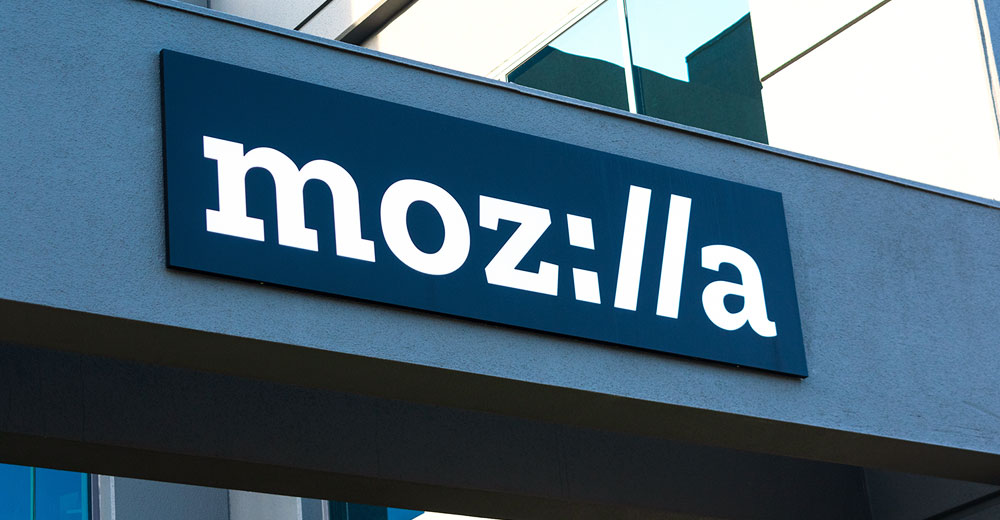In the quest for a new era Mozilla of social networking
Mozilla of social networking one where trust, safety, and decentralization take precedence over the dominance of Big Tech CEOs, Mozilla has emerged as a staunch advocate. The mission-oriented tech company responsible for the popular Firefox browser and the Pocket reader app is now directing its resources and efforts toward the “fediverse” – a network of decentralized social networking applications, including Mastodon, that interact through the ActivityPub protocol. The core objective is to reenvision social networking from the ground up.
At present, social networks are primarily controlled by tech giants such as Meta, Snap, and Google, whose revenue relies heavily on advertising. This profit-driven approach has given rise to a world where contemporary social networks often prioritize financial gain over user interests. This disconnect between user desires and the services offered by today’s networks reached a turning point when Elon Musk acquired Twitter, leading to a surge in interest in alternative, decentralized social networking options like Mastodon and Bluesky.
Under Musk’s leadership, Twitter, now rebranded as X, has emphasized “free speech” moderated through crowd-sourced mechanisms. However, this approach has resulted in increased hate speech and toxic content on the platform, as evidenced by certain studies.
Mozilla firmly believes that there is a superior path forward, and the current moment is ideal for investing in this direction. As a wholly-owned subsidiary of a nonprofit, Mozilla emphasizes that its motivation is not profit generation for shareholders or VC returns. Instead, the company is dedicated to pursuing a collaborative approach, actively seeking input from a diverse range of voices.
Carolyn O’Hara

Mozilla’s Senior Director of Content, shed light on the company’s interest in the fediverse, especially Mastodon, and the anticipated experiments in the coming months.
Mozilla announced its intention to enter the fediverse in December 2022 and launched a private beta for Mozilla.social in May. Mozilla.social is a Mastodon server or “instance” in the fediverse, designed to offer users a new form of social networking with reduced issues related to misinformation, harassment, and deteriorating mental health.
Mozilla’s work on its social endeavors is publicly available on GitHub. Notably, the company is employing a modified version of Elk as its alternative web client for its Mastodon server, giving it a polished appearance and feel.
According to O’Hara, Mozilla’s involvement stemmed from a critical evaluation of the history of social media over the past decade. “I think that it’s a pretty poor track record by existing companies that are solely motivated by profit and insane user growth,” she stated. Such companies are willing to tolerate and amplify toxic content for the sake of engagement, without prioritizing standards that are beneficial to users. Moreover, consumers are now increasingly aware of this misalignment with their interests.
This discontent presented an opportunity for Mozilla to enter the social networking arena and compete for user attention. However, Mozilla’s overarching goal extends beyond its own Mastodon server; the company seeks to boost the fediverse’s popularity, emphasizing user choice and agency over sheer numbers.
Mozilla aims to address the obstacles that have impeded users from joining and participating in the fediverse. This includes simplifying the onboarding process, helping users find people to follow, and discover interesting content to engage with.
To facilitate this, users will join the Mozilla. social instance using their Mozilla accounts, which also grant access to other Mozilla products such as the Firefox browser, Mozilla’s VPN, and Pocket. Although the instance is not yet open to the public, it is being tested by hundreds of users. The company is intentionally keeping the user base small and prioritizing specific communities, including those from its waitlist.
The timeline for a public launch remains undetermined as Mozilla plans to experiment with expansions and features throughout the next year. For instance, Mozilla is currently experimenting with a Discover feed designed to showcase engaging content. Over time, it intends to gather signals from the fediverse to determine the type of content people engage with. Mozilla also envisions a role for its read-it-later app, Pocket, in this experience, as it is primarily used to store links to articles and content users wish to read later.
Carolyn O’Hara emphasized : “We are planning to open the beta in phases because we want to ensure that we have a content moderation team and other tools that can be scaled relative to the size of the user base. We’re not in a rush, as we think it’s important to be deliberate about launching social media tools.”








